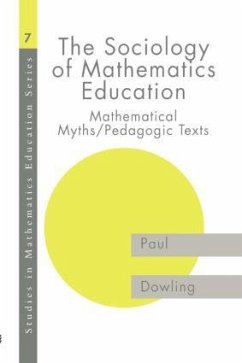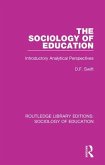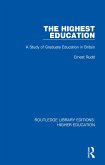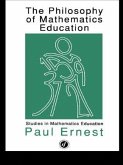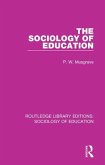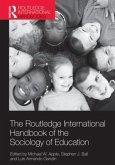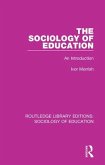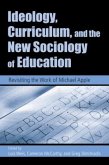Until the 1960s, maths was studied as an academic subject in a desire to have more mathematicians. The current trend, however, has moved away from viewing maths as a purely intellectual endeavour and towards developing a more mathematically competent workforce and citizenry. This trend has seen a large increase in the number of maths schemes being produced by the major educational publishers, which attempt to make maths easier and more approachable by using language instead of symbols. So why do so many children still fail at maths? The author contends that to understand this, teachers need to analyze and evaluate the maths textbooks they are currently using. The author shows the reader how to systematically analyze and evaluate these textbooks. This interrogation of classroom resources, should have important implications for teaching strategies and for textbook design and use.
Hinweis: Dieser Artikel kann nur an eine deutsche Lieferadresse ausgeliefert werden.
Hinweis: Dieser Artikel kann nur an eine deutsche Lieferadresse ausgeliefert werden.

